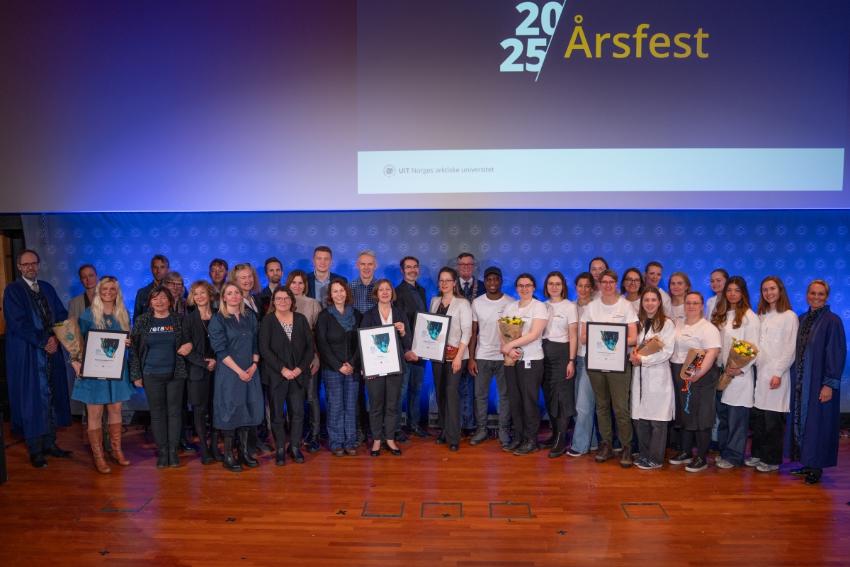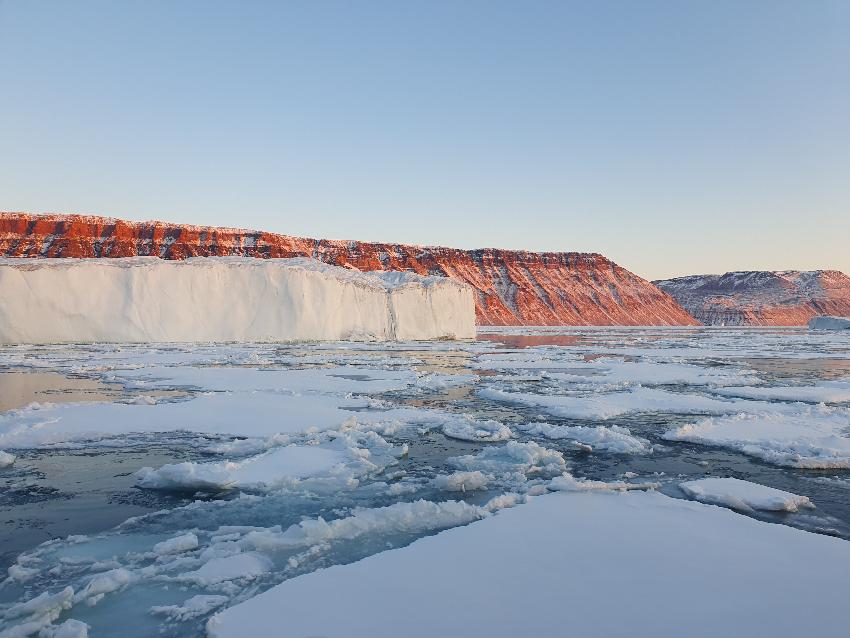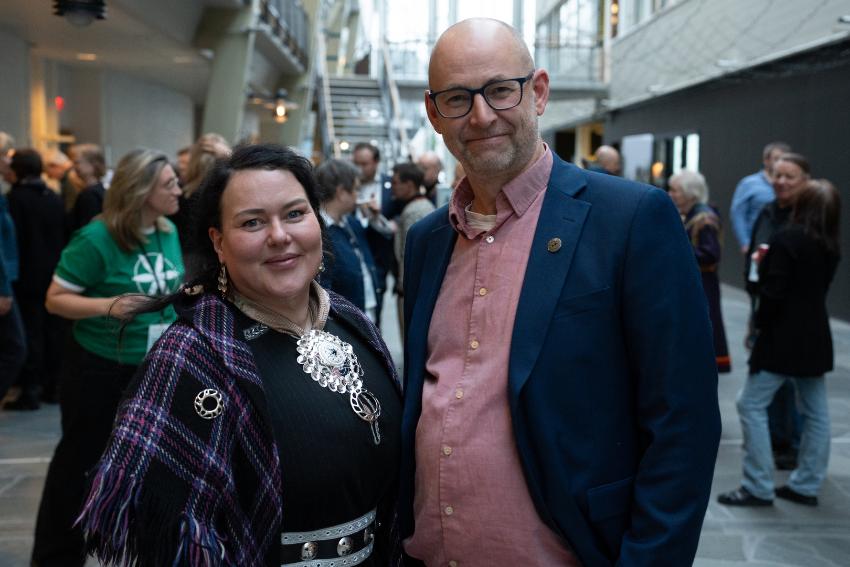A change of scenery in the search of better economic instruments
Ifan Ariansyach has studied marine biology and environmental management. Now he is immersed in international law. His interests in all of these different but interrelated areas led him to the UNNF Fellowship Programme and NCLOS.
When Ifan Ariansyach first arrived in Tromsø in summer, he had to settle into the unshifting rhythm of the midnight sun with its complete lack of nocturnal darkness. Now, going from what literally could feel like endless days, he has to adjust to the complete opposite, the polar nights. Climatically, Tromsø couldn’t differ more from his homestead in tropical Indonesia. Yet, the Norwegian Centre for the Law of the Sea (NCLOS) at UiT was the place to be for an Indonesian government official who wanted to learn more about what international legal frameworks say about economic instruments.
Partnering with NCLOS
Ariansyach is soon to complete a 9-month long UN Nippon Foundation Fellowship Programme (UNNF). Having spent the first 3 months of the program in New York, visiting the UN headquarters and learning about the organization’s extensive work in an international and cosmopolitical atmosphere, Ariansyach was for the remaining 6 months of the programme’s duration assigned to the UiT The Arctic University in Norway. Here he receives supervision on his research paper from NCLOS.
- From March to June we were in New York, we learned how the UN set up everything, how they do meetings, we learn about the law of the sea and the other international agreements. We then propose our own thesis for the second part. So now here I am, at UiT!
The structure of the programme enables a diverse and unique experience. For Ariansyach, this entailed going from Indonesia, to New York, to the Artic Circle, as UNNF decides where the fellows will go for the second phase of the program based on their thesis proposal. Installed and administered by the Division of Ocean Affairs and the Law of the Sea (DOALOS) at the United Nations, the UNNF Fellowship Programme facilitates in-depth training and learning about the law of the sea, the United Nations and various international legal frameworks. The central focus is on maritime governance, and the UNNF Capacity-Building Programmes are open to people from all over the world, with all kinds of professional backgrounds. Ariansyach is an Assoicate Manager of Marine and Coastal Ecosystem at the Ministry of Marine Affairs and Fisheries in Indonesia. In his work, he drafts and evaluates the implementatiion of economic instruments that regulate activities in maritime areas.
Multifaceted background
His main research foci in the paper he will submit at the end of the program are on maritime governance and international cooperation, and the intersection of economics and natural resources within international legal frameworks. Ariansyach’s intention is to examine how economic instruments are developed and being enacted more broadly in an international and national legal contexts.
How has the process been like?
- It has been interesting. You learn a lot about international law.
What is your background in?
- I have diplomas in marine biology, I did my bachelor’s in agribusiness, or marine business, and my master’s in environmental management. So, I have a complex background. Now I’m learning about law as well.
Environmental harm and funding
Economic instruments are immensely interesting to study within legal frameworks, Ariansyach thinks. Especially due to the Indonesia’s unique territorial archipelagic landscape which comprises of thousands of islands and complex infrastructures. The function of economic instruments, he explains, is for the government to control the utilization of resources.
- The government mostly use command and control, and they use the economic instruments to support it. So, let’s say I give you permission to catch a fish, but then you also have to pay some for fees for the fish that you take”, he explains.
In his professional work, Ariansyach is used to deal with the complex and intricate aspects of fiscal incentives. It requires extensive considerations in which he also cooperates with other central actors as well in developing the various types of economic instruments.
- We interact intensively with FAO (Food and Agriculture Organization of the UN), UNEP (UN Environemental Programme), and other UN organizations. 700 ports have to be regulated and managed, and millions of fishermen. Half the population lives near the coastal areas as well.
What are some of the challenges that you have found when it comes to these economic regulations?
- The challenges are that it is very adiaphorous in the Indonesian area. You have on one side the small-scale fishermen and on the other side the large-scale fisheries, and they all fish at the same place. You also have marine tourism, and the fight against aqua culture. At the same time, you have international sea lanes where every international vessel can go through. The development of economic instruments for this is still ongoing. I have looked at seven different economic instruments from tax, liabilities, subsidies, to environmental funds.
What are the statuses of these seven areas in Indonesia – are they developed yet would you say?
- So, what I have found is that some of them are good, some are still in development and have to be developed alongside other regulations. When you talk about the sea, you have to integrate these regulations with the transportation, and also with the coastal management and with the fisheries, and tourism industry. So, it’s kind of complex when you look at the regulations applied. Not to mention mineral and oil regulations.
Ariansyach says that the environmental harm within the maritime area is a problem. The Indonesian maritime space is massive, 5.8 million square kilometres. How to best regulate the environmental costs of such a vast ocean space is a work in progress. A central part of the challenge today, he says, lies in the need of sufficient funding of the development of environmental management.
Reflections on his stay in Tromsø
Ariansyach will soon return to Indonesia and reflects on his time in Tromsø. He has enjoyed how NCLOS has facilitated internal cooperation with other researchers at the centre. Every week one researcher presents about their work to the other faculty members. He says that this experience has given him the chance to get feedback from various scholars as well as having engaging conversations about his research topic. He also underscores how Tromsø has a particular and unique calmness.
Kortnytt fra Det juridiske fakultet



